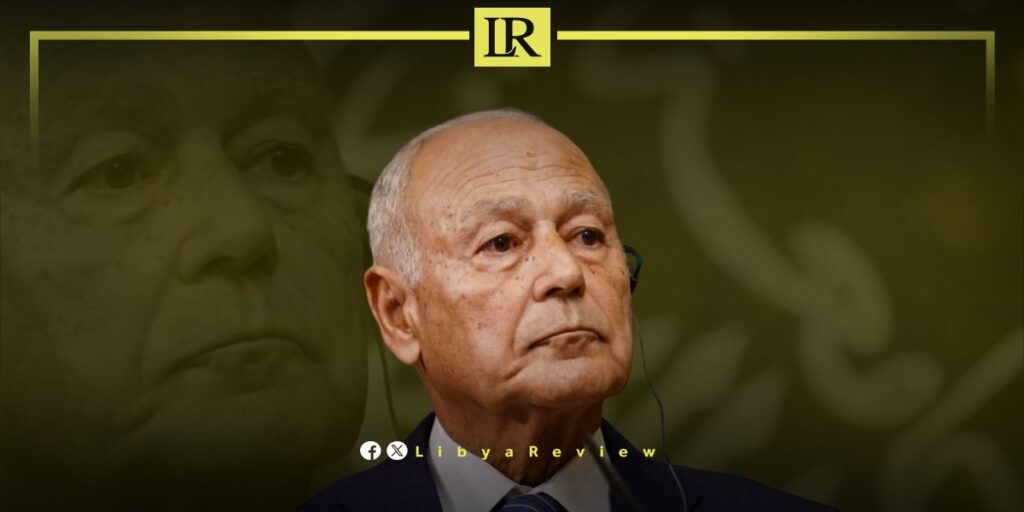Arab League Secretary-General Ahmed Aboul Gheit has welcomed the political roadmap presented by UN envoy Hanna Tetteh before the UN Security Council on 21 August, describing it as a crucial step toward unifying Libya’s divided institutions and paving the way for long-awaited presidential and parliamentary elections.
Arab League spokesman Gamal Roushdy said Aboul Gheit reaffirmed his full support for UN-led efforts aimed at ending years of political division and restoring stability. He stressed that the proposed roadmap represents an opportunity that all Libyan parties must seize to achieve a comprehensive political settlement.
According to Roushdy, Aboul Gheit underscored that the political process must remain Libyan-led and Libyan-owned, with external actors only playing a supportive role. He also highlighted the readiness of the Arab League to contribute to dialogue initiatives, reconciliation efforts, and the preservation of Libya’s unity, sovereignty, and independence.
The UN envoy’s roadmap comes at a time of heightened international concern over Libya’s stalled transition, nearly a decade after the collapse of its central government. The plan is seen as an attempt to bridge the gap between rival authorities in the east and west, whose competing institutions have delayed national elections repeatedly.
Observers say the Arab League’s backing of the UN plan adds weight to international calls urging Libyan stakeholders to compromise. However, past attempts to resolve the crisis have faltered amid deep-rooted rivalries between political factions and armed groups.
Diplomats argue that the success of this roadmap will depend on the willingness of Libyan leaders to prioritise national interest over partisan gains. The coming months are expected to test whether external support, combined with local commitment, can finally break the deadlock.


